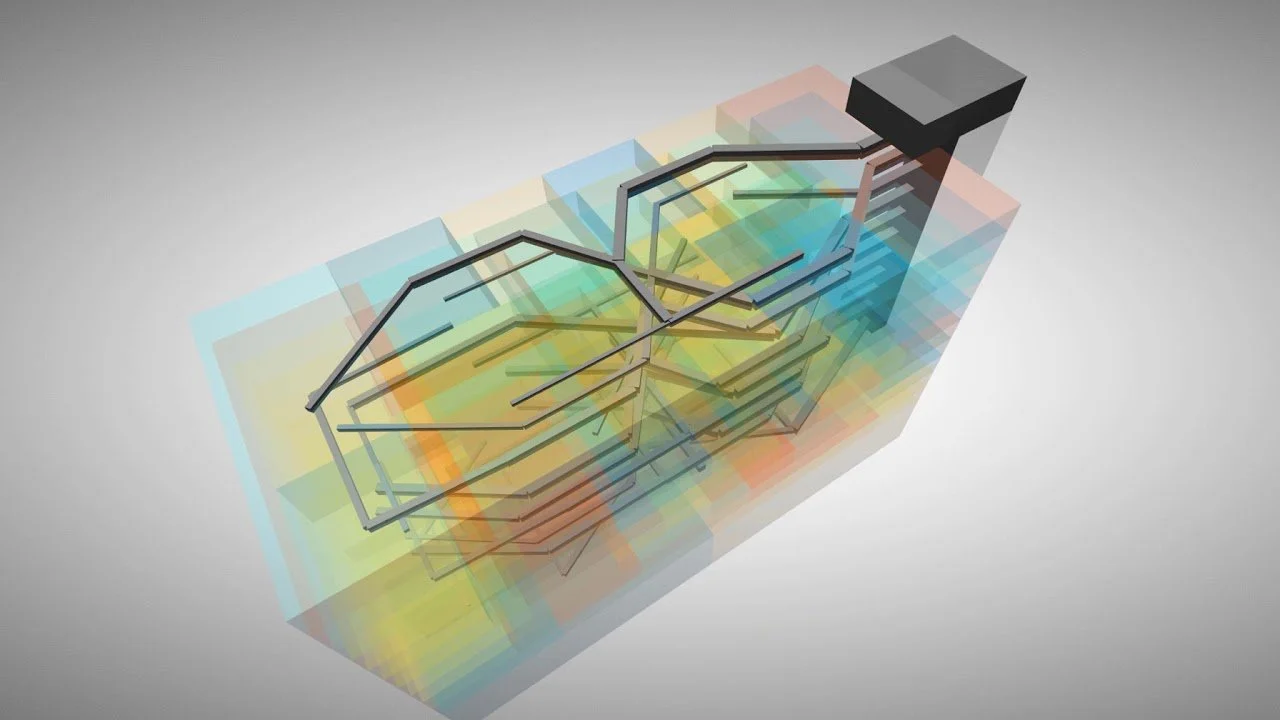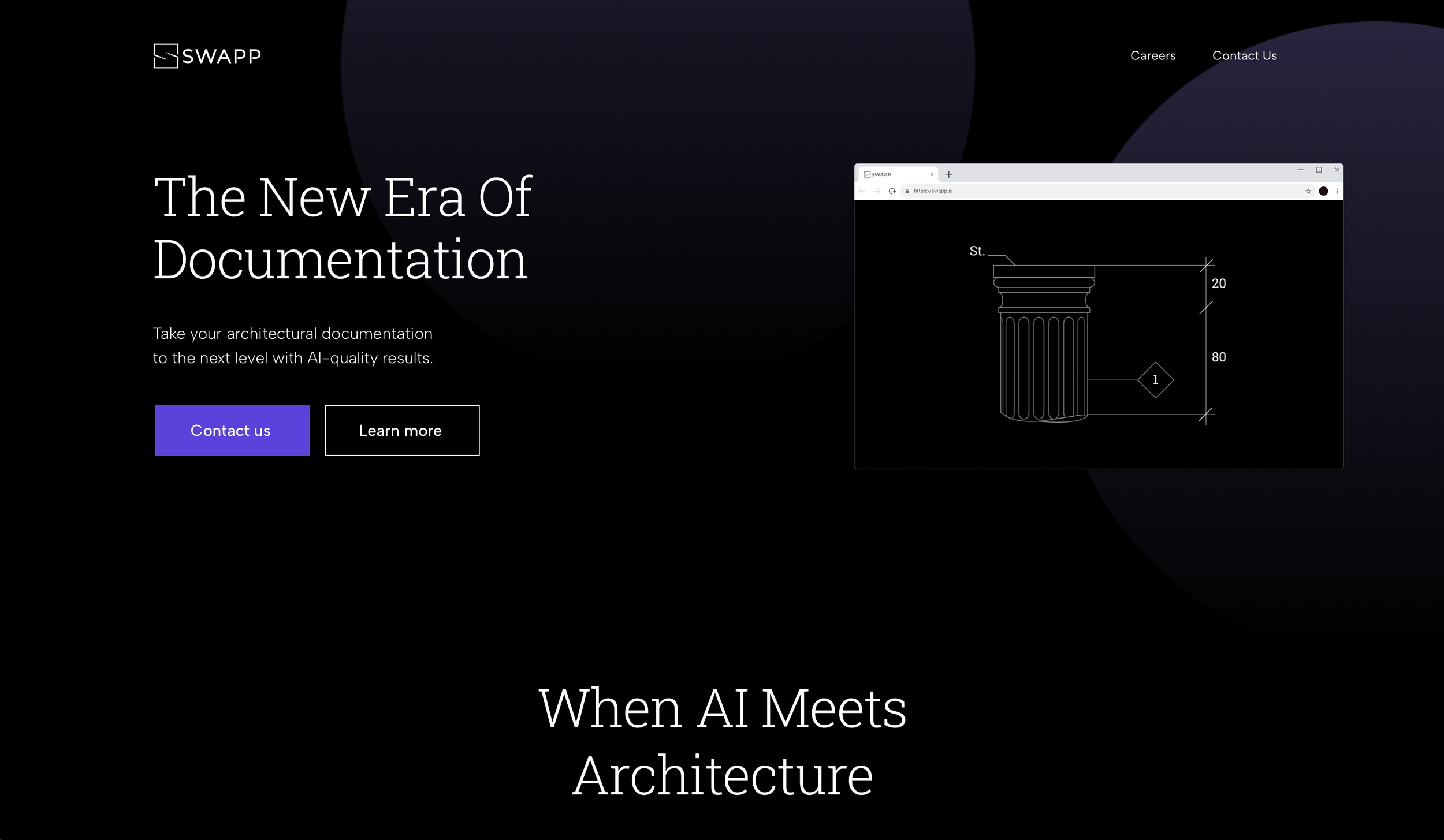P R O L E A R N
Artificial Intelligence refers to the development of computer systems capable of performing tasks that typically require human intelligence. This includes visual perception, speech recognition, decision-making, and language translation.
Key Characteristics
Machine Learning: AI systems can learn and improve from experience without explicit programming.
Natural Language Processing: Ability to understand and generate human language.
Problem Solving: Can tackle complex problems and make decisions based on data analysis.
Benefits
Efficiency: AI can process and analyse vast amounts of data much faster than humans, potentially increasing productivity by up to 40%.
Accuracy: In tasks like medical diagnosis, AI has shown the potential to reduce error rates by up to 85%.
Innovation: AI enables new products and services, with the AI market projected to reach $190 billion by 2025.
Challenges and Considerations
Ethical Concerns: Issues around privacy, bias, and job displacement need to be addressed.
Data Quality: AI systems require large amounts of high-quality data to function effectively.
Explainability: Some AI models, particularly deep learning systems, can be difficult to interpret.
Innovative Applications
Healthcare: AI-powered diagnostic tools and personalised treatment plans.
Finance: Algorithmic trading and fraud detection systems.
Creative Industries: AI-generated art, music, and writing.
Future Outlook
As AI technology advances, we can expect more sophisticated and ubiquitous applications. The integration of AI with other technologies like IoT and blockchain may lead to more autonomous and intelligent systems. There's also likely to be increased focus on developing explainable AI and addressing ethical concerns.
Call to Action:
Evaluate how AI could enhance your industry or personal projects. Consider exploring AI development platforms or consulting with AI specialists to understand how this technology could benefit your specific needs.










